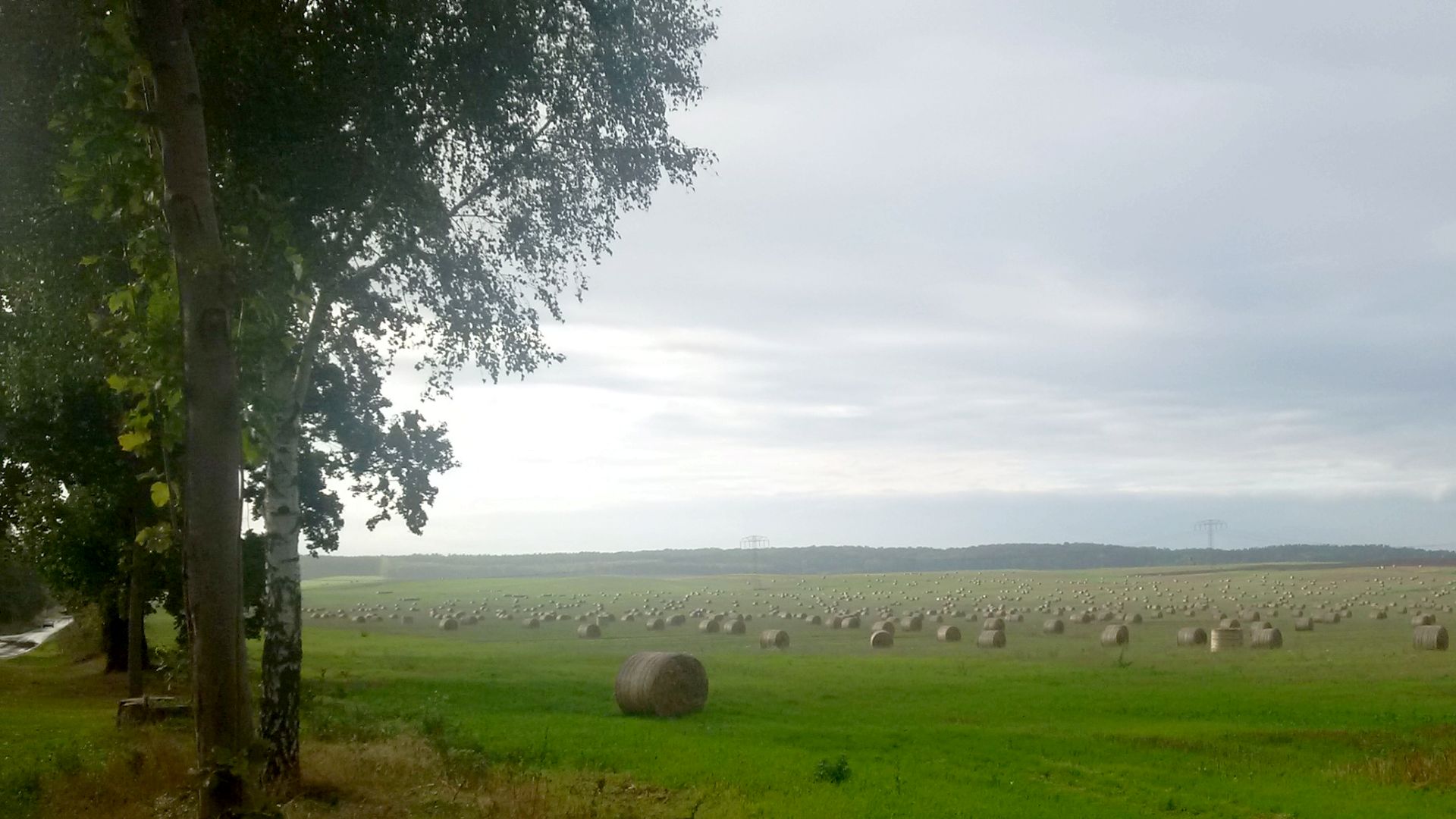Waste prevention as a central field of action of modern environmental policy is at the top of the five-level waste hierarchy. Despite numerous environmental policy efforts in recent years, the per capita volume of municipal waste in Germany is rising. At the same time, the German population is said to have a very high level of environmental awareness.
This apparent contradiction between a sufficiently pronounced environmental awareness and the increase in the amount of waste form the starting point for the research and development project. In this context, questions are investigated as to how waste generation, separation behavior and waste composition differ between population groups, which population groups have been reached so far by the public discourse on the topic of waste prevention and by other communicative measures, and whether the activities to date to strengthen waste prevention have changed the waste-related behavior of consumers.
To view the final report, click here.
To view the brochure, click here.
